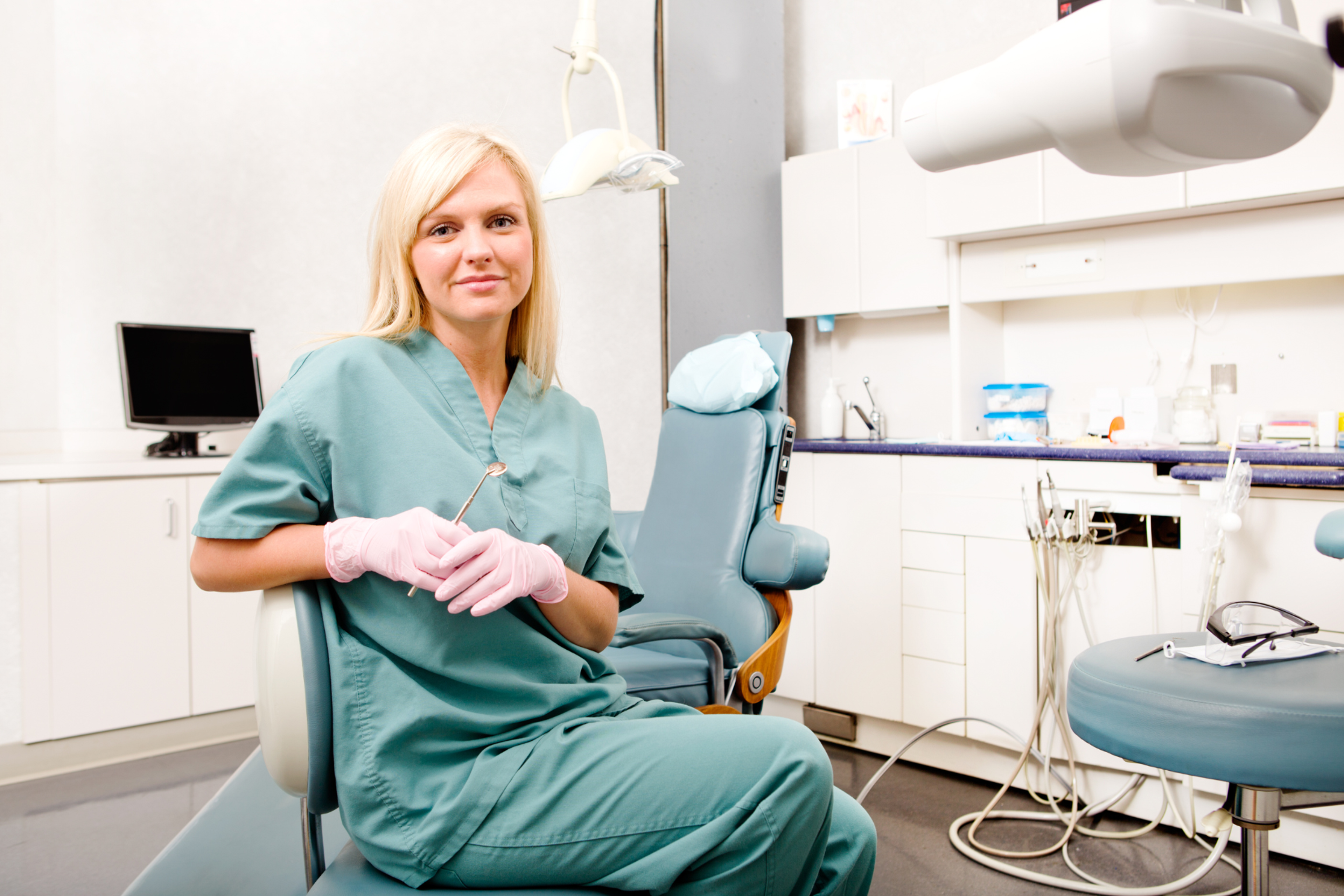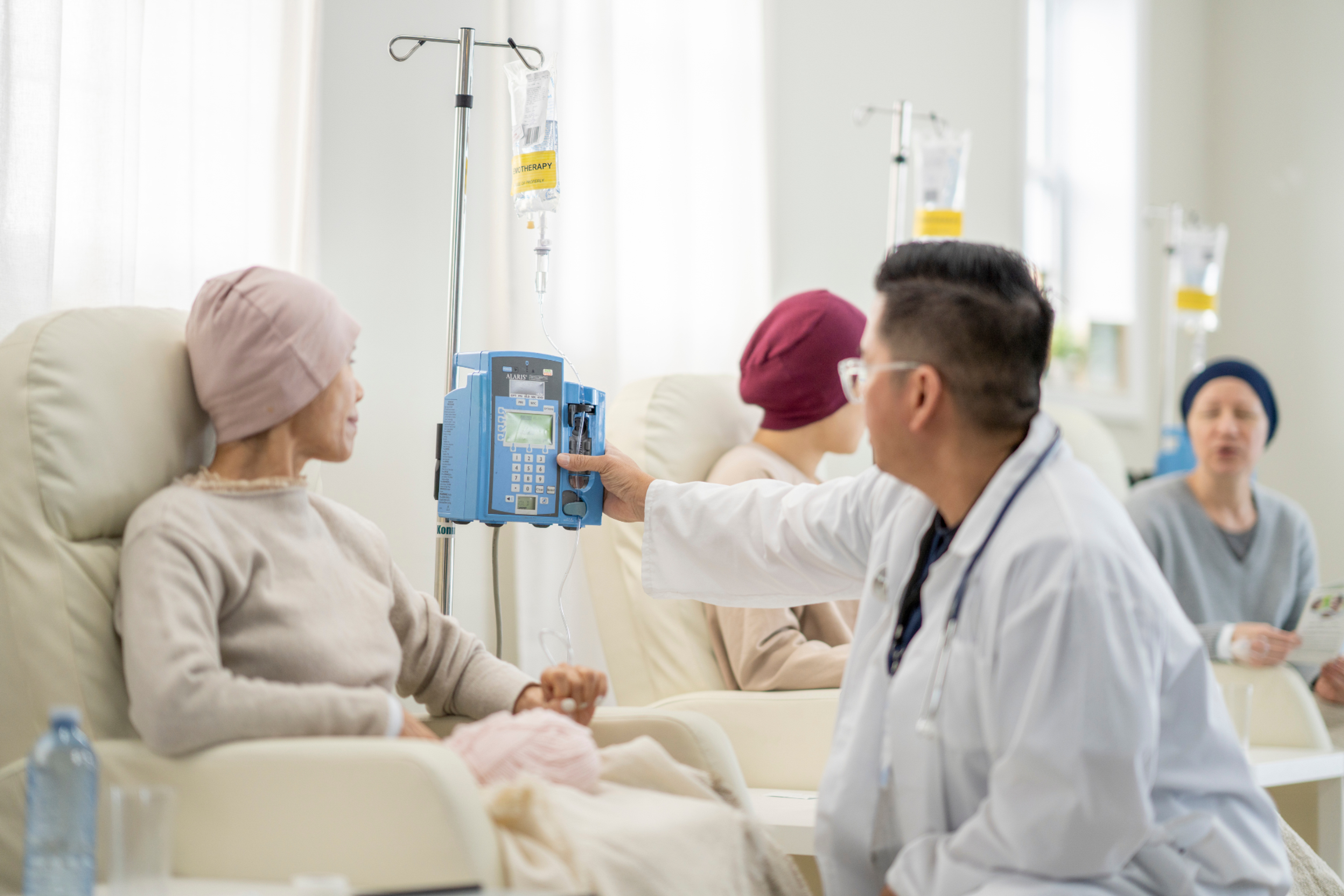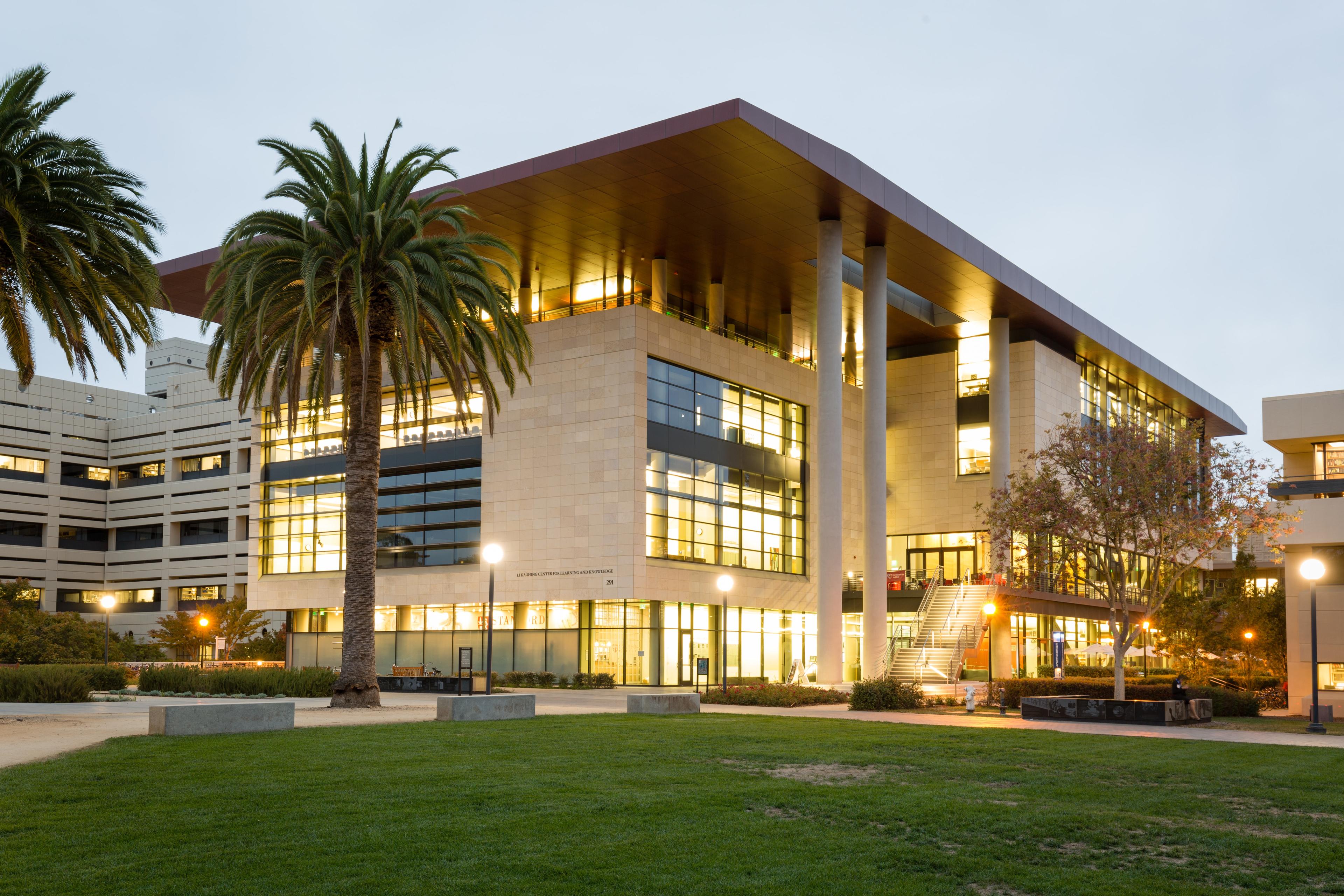Comprehensive List of Physician Assistant (PA) Programs in New Jersey
Looking to pursue a career as a Physician Assistant (PA) in New Jersey? Our comprehensive list of PA programs in the Garden State will provide you with all the information you need to kickstart your journey in the healthcare field.
Posted June 13, 2025

Table of Contents
Free Event

Featuring Pravesh S.
Secondary Essays Decoded: Your Blueprint for Writing Success
Starting Tuesday, September 9
7:00 PM UTC · 60 minutes

Featuring Pravesh S.
If you're considering a career as a Physician Assistant (PA) in the state of New Jersey, you're in luck! New Jersey is home to a number of comprehensive PA programs that can provide you with the knowledge and skills necessary to excel in this rewarding healthcare profession. In this article, we will provide you with a comprehensive list of PA programs in New Jersey, along with detailed information about program features, the application process, hands-on clinical training, and career prospects in the state. So, let's dive in and explore what each of these aspects entails.
5 Physician Assistant Programs in New Jersey
New Jersey offers a diverse range of PA programs that are designed to meet the needs of aspiring PAs. These programs are offered by reputable institutions, providing students with a well-rounded education and practical experience to succeed in their future careers.
These programs are known for their rigorous curriculum, experienced faculty, and state-of-the-art facilities. Each program has its own unique characteristics that set it apart, so it is important to thoroughly research and consider which program aligns best with your career goals and aspirations. Now let's take a look at the list of some of the comprehensive PA programs available in New Jersey:
1. Rutgers University
The Rutgers School of Health Professions is highly regarded for its emphasis on clinical training and its commitment to diversity through holistic admissions. Students enrolled in this program have the opportunity to work alongside medical students, nurses, and other healthcare professionals, gaining valuable teamwork skills that are essential in the field of healthcare.
The Rutgers School of Health Professions's PA program offers a comprehensive 33-month curriculum designed to equip students with the skills and knowledge needed to excel as highly functioning physician assistants. The program begins with three semesters focused on fundamental basic science and clinical science courses, covering topics such as anatomy, physiology, microbiology, genetics, and pathology.
Their elective rotations in the final semester allow students to tailor their clinical training to their specific interests, with options ranging from cardiology to dermatology, providing a well-rounded educational experience. Under the supervision of licensed physicians, PAs, and other healthcare providers, students receive hands-on training to prepare them for successful careers in the field. Classes are held during the day on the Busch campus in Piscataway, with clinical rotations primarily located in New Jersey and New York, offering students diverse learning opportunities in the region.
2. Seton Hall University
The Seton Hall M.S. in Physician Assistant's program is dedicated to providing a comprehensive educational experience that prioritizes extensive clinical exposure. Their curriculum is designed to develop students' research competence, solidify their foundational knowledge in basic sciences, and refine their physical examination skills.
Through a combination of traditional lectures, online coursework, and problem-based learning, students gain practical, directly applicable knowledge that prepares them for real-world clinical practice. Led by experienced physician assistants, physicians, and instructors with doctoral training in various medical specialties, Seton Hall M.S. in Physician Assistant's program offers invaluable insights and mentorship. From the first semester onwards, students engage with patients, accumulating a minimum of 52 weeks of core and elective rotations to enhance their clinical proficiency and readiness for the PA profession.
See their Admission Requirements here.
3. Saint Elizabeth University
Saint Elizabeth University's PA program offers a comprehensive and immersive educational experience that prepares students for successful careers in healthcare. Through clinical rotation programs with esteemed partners such as Atlantic Healthcare System, Trinitas Regional Medical Center, Saint Joseph's University Medical Center, and Envision Healthcare Emergency Medicine, students gain invaluable hands-on experience in diverse clinical settings.
Students work closely with SEU's esteemed faculty in an inclusive and diverse environment, and have access to the University's state-of-the-art Medical Simulation Center, which offers innovative programs utilizing high-fidelity human patient simulators, task trainers, and Standardized Patients. The program fosters academic excellence and personal growth and development, providing a supportive learning environment that promotes the academic, professional, and personal success of each student. Graduates of the program are eligible to sit for the national certification examination and obtain state licensure, equipped with the knowledge, skills, and experience to make a positive impact in the healthcare field.
Additionally, the concurrent required community service-learning component of the MS PA Program allows students to explore the impact of social determinants on health, further enhancing their understanding of holistic patient care.
See their Admission Requirements here.
4. Monmouth University
Monmouth University's Master of Science in Physician Assistant Program is a highly respected and accredited full-time program designed to provide students with comprehensive training over 30 months and 95 credits, completed across three years.
Beginning each fall with one class admitted per year, the program comprises two distinct phases: the didactic phase and the clinical phase. During the didactic phase, spanning four intensive semesters (14 months), students engage in a combination of classroom instruction, laboratory sessions, and clinical experiences. Following the didactic phase, students transition to the clinical phase, which encompasses four semesters (16 months) of supervised clinical practice experiences (SCPEs). During this phase, students work closely with clinical preceptors across various inpatient and outpatient facilities, gaining invaluable hands-on experience.
Monmouth University's program distinguishes itself by offering an additional four months of clinical experience compared to the average PA program, providing students with ample time to learn, grow, and excel in their training and preparation for a successful career as physician assistants.
See their Admission Requirements here.
5. Thomas Jefferson University
The Thomas Jefferson University Physician Assistant Program offers two accredited programs, providing students with diverse opportunities for training and education. One program is situated in Center City, Philadelphia, while the other program is conveniently located in both the East Falls section of suburban Philadelphia and Voorhees, New Jersey.
In both programs, Physician Assistants are trained to conduct physical examinations, interpret diagnostic tests, diagnose and treat illnesses, provide patient counseling, assist in surgical procedures, and prescribe medications. Whether pursuing the Master of Science in Physician Assistant Studies at the Center City campus or opting for the program offered in East Falls and New Jersey, students receive comprehensive training and preparation for success in the dynamic and rapidly evolving field of healthcare.
See their Admission Requirements here.
Program Features
PA programs in New Jersey typically offer a comprehensive curriculum that covers a wide range of medical disciplines. The coursework includes topics such as anatomy, physiology, pharmacology, medical ethics, clinical medicine, and more. Students also gain practical experience through clinical rotations in various healthcare settings.
Many programs also provide opportunities for research, interprofessional collaboration, and community engagement. These features enhance the educational experience and prepare students to become well-rounded and compassionate healthcare professionals.
One notable aspect of PA programs in New Jersey is the emphasis on hands-on learning. Students have the opportunity to participate in simulated patient encounters, where they can practice their clinical skills in a controlled environment. These simulations allow students to gain confidence and proficiency in performing procedures, conducting physical examinations, and communicating with patients.
PA programs in New Jersey often have partnerships with local hospitals and healthcare facilities. This allows students to have access to a diverse range of clinical experiences and learn from experienced healthcare professionals. Through these partnerships, students are exposed to different medical specialties and can develop a better understanding of the various career paths available to them.
Another unique feature of PA programs in New Jersey is the focus on interprofessional collaboration. Students have the opportunity to work alongside students from other healthcare disciplines, such as nursing, pharmacy, and physical therapy. This collaborative approach fosters teamwork and prepares students to effectively communicate and collaborate with other healthcare professionals in their future careers.
Community engagement is also a key component of PA programs in New Jersey. Students are encouraged to participate in community service activities and outreach programs, where they can apply their knowledge and skills to help underserved populations. These experiences not only benefit the community but also allow students to develop a sense of social responsibility and empathy towards those in need.
Research is another integral part of PA programs in New Jersey. Students have the opportunity to engage in research projects, either independently or in collaboration with faculty members. This allows them to contribute to the advancement of medical knowledge and develop critical thinking and analytical skills.
In summary, PA programs in New Jersey offer a comprehensive curriculum that covers various medical disciplines. The hands-on learning opportunities, partnerships with healthcare facilities, interprofessional collaboration, community engagement, and research opportunities all contribute to a well-rounded educational experience for aspiring healthcare professionals.
Application Process
The application process for PA programs in New Jersey typically involves several steps. Prospective students are required to submit their applications through the Centralized Application Service for Physician Assistants (CASPA) or directly to the individual program's website.
The first step in the application process is gathering all the necessary documents. This includes academic transcripts from all previous educational institutions attended. These transcripts provide a comprehensive overview of the applicant's academic performance and serve as an important factor in the admissions decision.
Most PA programs require applicants to submit letters of recommendation. These letters should come from individuals who can speak to the applicant's academic abilities, work ethic, and personal qualities. It is important to choose recommenders who know the applicant well and can provide a detailed and positive assessment of their potential as a PA.
Another crucial component of the application is the personal statement. This is an opportunity for applicants to showcase their motivation and suitability for the PA profession. It is important to carefully craft a personal statement that highlights relevant experiences, skills, and qualities that make the applicant a strong candidate for the program. A well-written personal statement can significantly impact the admissions committee's decision.
Some PA programs may also require applicants to participate in an interview as part of the application process. The interview allows the admissions committee to assess the applicant's communication skills, professionalism, and ability to handle stressful situations. It is important for applicants to prepare for the interview by researching the program, practicing common interview questions, and showcasing their passion for the PA profession.
Once all the application materials have been gathered and completed, it is crucial to carefully review the specific requirements and deadlines for each program. Missing a deadline or failing to meet a specific requirement can result in an incomplete application, which may significantly reduce the chances of acceptance. It is recommended to create a checklist to ensure that all materials are submitted on time and in the correct format.
The application process for PA programs in New Jersey involves several steps, including gathering academic transcripts, obtaining letters of recommendation, writing a compelling personal statement, and potentially participating in an interview. It is important for prospective students to carefully review the specific requirements and deadlines for each program to maximize their chances of a successful application.
Hands-On Clinical Training
Hands-on clinical training is an integral part of PA programs in New Jersey. Students have the opportunity to apply their knowledge and skills in real-world healthcare settings, working alongside experienced healthcare professionals. These clinical rotations expose students to a variety of medical specialties, allowing them to gain valuable practical experience and develop essential clinical skills.
Throughout the clinical training, students are guided and supervised by preceptors who provide mentorship and support. This hands-on experience helps to bridge the gap between classroom learning and professional practice, preparing students for the challenges and responsibilities they will face as future PAs.
Career Prospects in New Jersey
Upon successful completion of a PA program in New Jersey, graduates can explore a wide range of career opportunities in the state. PAs are in high demand and play a vital role in delivering quality healthcare services to patients of all ages and backgrounds.
PAs in New Jersey can find employment in various healthcare settings, including hospitals, primary care clinics, specialty practices, urgent care centers, and more. They work collaboratively with physicians and other healthcare professionals to provide comprehensive and patient-centered care.
Additionally, PAs in New Jersey enjoy competitive salaries and benefits, as well as opportunities for professional growth and advancement. The demand for PAs is expected to continue growing, offering a promising outlook for those considering this profession in the state.
New Jersey offers a comprehensive list of PA programs that provide students with the necessary education and training to become successful Physician Assistants. These programs offer diverse features, a rigorous curriculum, and invaluable hands-on clinical experience. Graduates of these programs have promising career prospects in a variety of healthcare settings throughout the state. If you are passionate about healthcare and are looking for a rewarding career as a PA, consider exploring the PA programs available in New Jersey.
Read: PA School Scholarships: Your Guide to Financing Your Physician Assistant Education
Launch Your PA Career in New Jersey with Confidence
Choosing to become a Physician Assistant is a meaningful step toward making a lasting impact in healthcare, and New Jersey offers a wide range of top-tier programs to help you get there. Whether you're drawn to academic research, community health, or high-intensity clinical environments, there’s a program in the Garden State that fits your goals.
But navigating PA admissions can be overwhelming. From selecting the right programs to crafting standout personal statements and preparing for interviews, there’s a lot riding on every decision. That’s where we come in.
Work 1:1 with a top PA admissions coach to strengthen your application, avoid common pitfalls, and apply with confidence. Many of our students have landed spots in competitive PA programs across the country—and you can too.
FAQs
Can I use online courses to fulfill prerequisite requirements for New Jersey PA programs?
- Yes, many New Jersey PA programs accept online courses to satisfy prerequisite requirements. For instance, Monmouth University and Saint Elizabeth University consider online coursework for prerequisites. However, it's essential to verify with each specific program, as policies may vary.
Do New Jersey PA programs accept Advanced Placement (AP) credits for prerequisites?
- Some programs may accept AP credits for certain prerequisites, provided the credits appear on your official undergraduate transcript. For example, Saint Elizabeth University considers AP courses if they're listed on the undergraduate transcript and count towards specific coursework at the undergraduate institution. However, acceptance of AP credits varies by program, so it's crucial to consult each program's admissions guidelines.
Are there specific healthcare experience requirements for New Jersey PA program applicants?
- Yes, many New Jersey PA programs require applicants to have a certain number of healthcare experience hours. For instance, Monmouth University requires a minimum of 200 hours of paid or unpaid direct patient care experience by the time of application. Acceptable roles include medical assistant, EMT, phlebotomist, and others involving direct patient interaction.
Do New Jersey PA programs offer part-time enrollment options?
- No, PA programs in New Jersey, such as those at Monmouth University and Fairleigh Dickinson University, require full-time enrollment due to the sequential and intensive nature of the curriculum.
Can international medical graduates apply to New Jersey PA programs?
- Yes, international medical graduates can apply to New Jersey PA programs. However, they must complete an ARC-PA-accredited PA program in the U.S. and meet all admission requirements, including evaluation of foreign transcripts for U.S. equivalency. Additionally, New Jersey law requires satisfactory completion of a PA education program approved by the ARC-PA.











